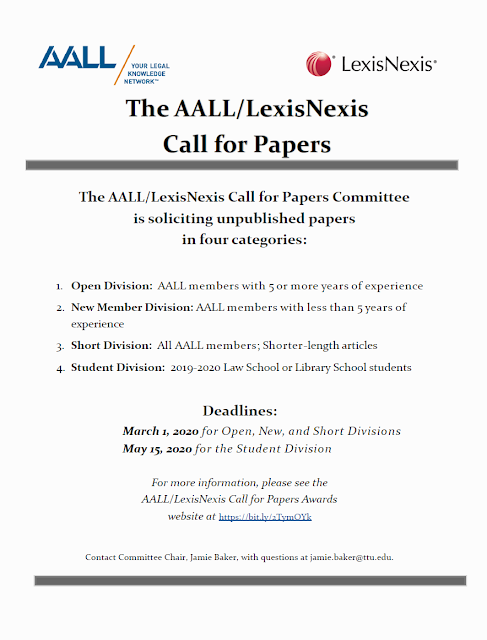Experiential Legal Education
Practical legal education is all the rage right now. After years of complaints by practitioners that law students were graduating without the skills necessary to actually practice, law schools en masse have finally started listening.
This trend also coincided with the fact that fewer firms were willing to mentor law graduates in the practical side of practice. With so many law students graduating into a depressed market, law firms could pick and choose those graduates who needed less formal mentoring and could "hit the ground running" so to speak.
This begs the question, if we make legal education more experiential, would it really matter? This was the exact title of a post on the Law Professor's Blog last year, and Bill Henderson thinks that the answer to this question is yes. "A competent lawyer needs domain knowledge + practical skills + a fiduciary disposition (i.e., the lawyer’s needs are subservient to the needs of clients and the rule of law). Since practical skills—and some would argue, a fiduciary disposition—cannot be effectively acquired through traditional Socratic or lecture teaching methods, the ostensible logic is that schools become better by embracing the 'learning-by-doing' experiential approach."
According to Henderson, law schools need to consider three things to create and market a quality program:
1. Clarity on Goals. We need to understand the knowledge, skills, and behaviors that are highly prized by legal and non-legal employers. Truth be told, this is tacit knowledge in most workplaces. It is hard intellectual work to translate tacit knowledge into something explicit that can be communicated and taught. But we are educators -- that is our job! If we think employers are missing something essential, we can add in additional factors. That's our job, too.
2. Designing and Building the Program. Working backwards from our goals, let's design and build curricula that will, overall, accelerate development toward those goals. This is harder and more rigorous than lesson planning from a casebook.
3. Communicating Value to the Market. If our program is indeed better, employers and students need to know it. This also requires a crisp, accurate message and a receptive audience. This requires planning and effort. That said, if our program truly is producing more effective lawyers, it logically follows that our graduates (i.e., the more effective lawyers) will be the most effective way to communicate that message.
These are all great points that the legal academy needs to build on. We need to understand experiential learning in action and see empirical research on the effects of certain strategies. To that end, Touro Law Center has created the Journal of Experiential Learning. This journal aggregates knowledge from law faculty, judges, and practitioners to offer information on law school experiential learning. The inaugural issue has valuable information spanning the entirety of the law school curriculum.
Since this is a journal that encompasses all facets of legal education, from all stakeholders, they encourage members of the bar and the bench, as well as the academy, to contribute to future volumes. Contact mberman@tourolaw.edu for additional information about journal submissions.


Comments
Post a Comment